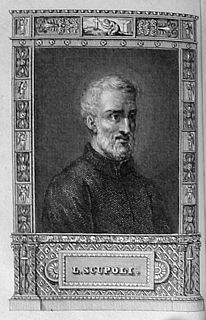A Quote by Montesquieu
I have always observed that to succeed in the world one should seem a fool, but be wise.
Related Quotes
We could almost say that being willing to be a fool is one of the first wisdoms. So acknowledging foolishness is always a very important and powerful experience. The phenomenal world can be perceived and seen properly if we see it from the perspective of being a fool. There is very little distance between being a fool and being wise; they are extremely close. When we are really, truly fools, when we actually acknowledge our foolishness, then we are way ahead. We are not even in the process of becoming wise — we are already wise.
... you must hasten to oppose pernicious pride of mind, before it penetrates into the marrow of your bones. Resist it, curb the quickness of your mind and humbly subject your opinion to the opinions of others. Be a fool for the love of God, if you wish to be wiser than Solomon: 'If any man among you seem to be wise in this world, let him become a fool, that he may be wise' (I Cor. 3:18).
The indispensability of reason does not imply that individual people are always rational or are unswayed by passion and illusion. It only means that people are capable of reason, and that a community of people who choose to perfect this faculty and to exercise it openly and fairly can collectively reason their way to sounder conclusions in the long run. As Lincoln observed, you can fool all of the people some of the time, and you can fool some of the people all of the time, but you can't fool all of the people all of the time.




































